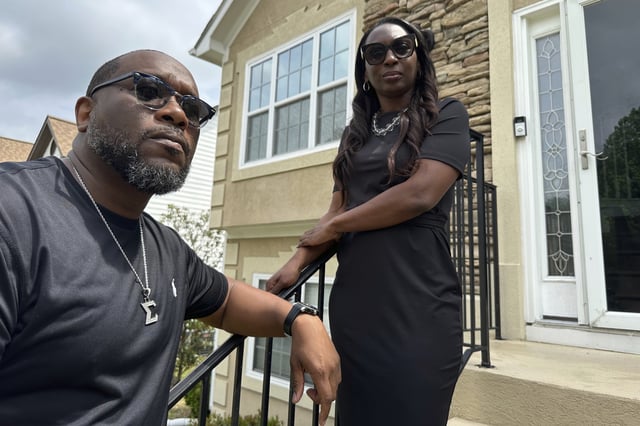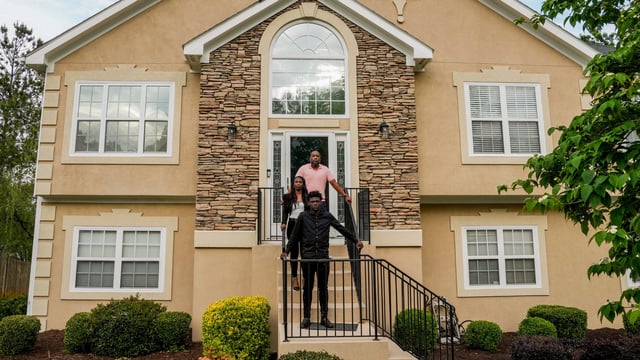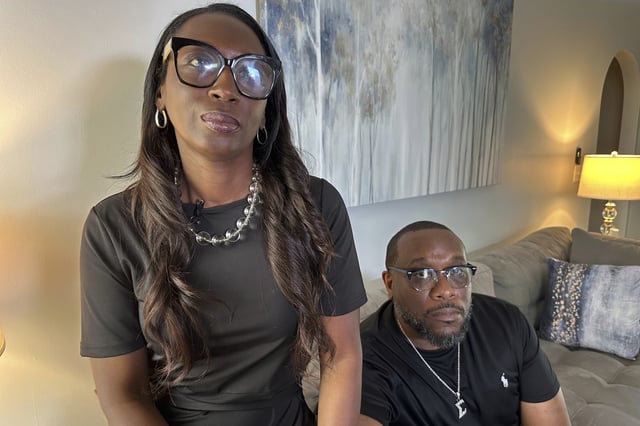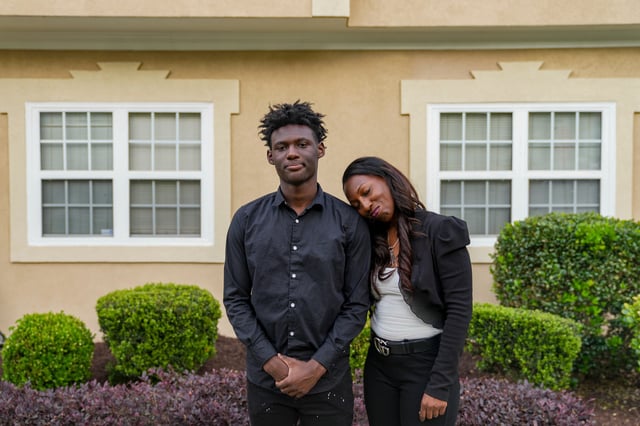Overview
- In 2017, an FBI SWAT team mistakenly raided Trina Martin's Atlanta home, terrifying her family, including her 7-year-old son, and causing lasting psychological and financial harm.
- The Martin family filed a lawsuit in 2019 under the Federal Tort Claims Act, but lower courts dismissed the case, citing federal immunity for law enforcement 'honest mistakes.'
- The Supreme Court is set to decide whether the Martin family can bypass immunity protections and proceed to trial, potentially redefining accountability for federal agents under the FTCA.
- The 1974 amendment to the FTCA, which allowed lawsuits for intentional torts by law enforcement, was passed in response to similar wrong-house raids decades ago.
- The Justice Department argues the raid was an 'honest mistake' based on prior investigative work, while the Martin family seeks compensation for trauma, lost wages, and property damage.



